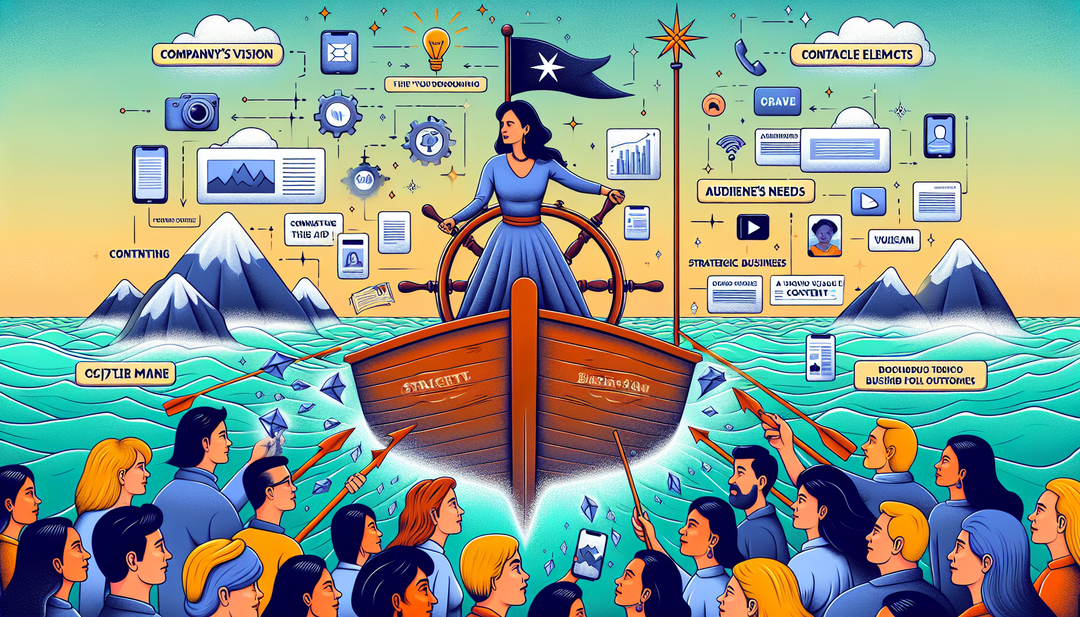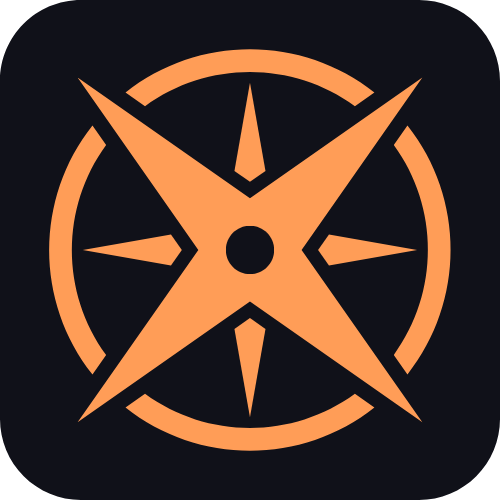
In the dynamic world of content marketing, the role of the Content Director is both crucial and transformative. As the strategic helm of the content department, they not only guide the creation and dissemination of content but also ensure it resonates with the target audience and aligns with business goals. Let's explore the depth and breadth of the Content Director's role and why it's indispensable for a successful content marketing strategy.
What is a Content Director?
Role Definition and Key Objectives
A Content Director oversees the content marketing strategy, managing the creation, execution, and evaluation of content across various platforms. Their primary objective is to ensure that content initiatives support the company's branding, audience engagement, and business goals. They are responsible for maintaining a cohesive content strategy that aligns with the company’s vision and market demands.
Importance in the Content Ecosystem
The importance of a Content Director in the content ecosystem cannot be overstated. They serve as the bridge between the company’s vision and the customer's needs, ensuring that every piece of content—whether it's an article, video, or social media post—engages the audience and drives towards strategic business outcomes. Their role is pivotal in building brand awareness, establishing thought leadership, and ultimately, driving customer conversion and retention.
Core Responsibilities
Daily Tasks and Activities
The day-to-day responsibilities of a Content Director include planning content strategies, overseeing content production, analyzing content performance, and making data-driven adjustments to maximize impact. They collaborate with writers, designers, SEO specialists, and marketers to produce content that is not only high-quality but also SEO-friendly and aligned with the brand’s voice.
Key Skills and Expertise Required
To excel as a Content Director, one must possess a blend of creative, analytical, and leadership skills. Proficiency in content strategy, knowledge of SEO practices, and an understanding of target audience behavior are essential. Strong project management skills and the ability to lead and inspire a team of creatives and marketers are also critical for success in this role.
Tools of the Trade
Essential Tools and Technologies
Content Directors rely on a variety of tools and technologies to execute their strategies effectively. Content Management Systems (CMS), SEO tools, analytics platforms, and content scheduling software are fundamental in creating, managing, and evaluating content. Proficiency in these tools is essential for streamlining content operations and ensuring content reaches the intended audience at the right time.
Integrating with Other Roles
A Content Director works closely with various roles within the content department and beyond, including SEO Specialists, Content Managers, Social Media Managers, and Graphic Designers. This integration ensures a unified approach to content creation and distribution, maximizing the impact of each content piece and ensuring a consistent brand message across all channels.
Navigating Challenges
Common Challenges
Content Directors face numerous challenges, including keeping up with the fast-paced changes in content trends, managing resource constraints, and proving the ROI of content marketing efforts. Balancing creativity with analytical demands and aligning content strategy with business objectives are ongoing challenges in this role.
Strategies for Overcoming Obstacles
To overcome these challenges, Content Directors must stay ahead of industry trends, leverage data analytics to inform strategy, and foster a culture of creativity and experimentation within their teams. Building a collaborative environment that encourages innovation and adaptability is key to navigating the complexities of content marketing.
The Strategic Impact
Influence on Content Strategy and Business Goals
The strategic decisions made by a Content Director have a direct impact on the company's content marketing success. By aligning content strategy with business goals, they drive brand awareness, customer engagement, and lead generation, contributing significantly to the overall success of the marketing efforts.
Trends Influencing the Role
Emerging trends such as personalized content, video marketing, and AI-driven content creation are shaping the role of the Content Director. Staying informed about these trends and adapting content strategies accordingly is crucial for maintaining relevance and effectiveness in a competitive digital landscape.
Building a Career
Getting Started
For those aspiring to become a Content Director, gaining experience in content creation, marketing, and strategy is essential. Building a portfolio that showcases a diverse range of successful content projects can also be beneficial.
Pathways for Advancement
Advancement in this field often involves taking on larger projects, leading bigger teams, or moving into higher-level strategic roles within marketing. Continuous learning and professional development are key to advancing in the ever-evolving field of content marketing.
Conclusion
The role of the Content Director is vital in navigating the complexities of content marketing and achieving strategic business outcomes. Their ability to blend creativity with strategy and data analytics makes them indispensable in the content ecosystem.
Call to Action
Are you ready to dive deeper into the world of content marketing or explore the career path of a Content Director? Join us at Content Quest for insights, resources, and opportunities to grow in this dynamic field. Follow our blog for more expert advice and become a part of our community of content marketing professionals today.
